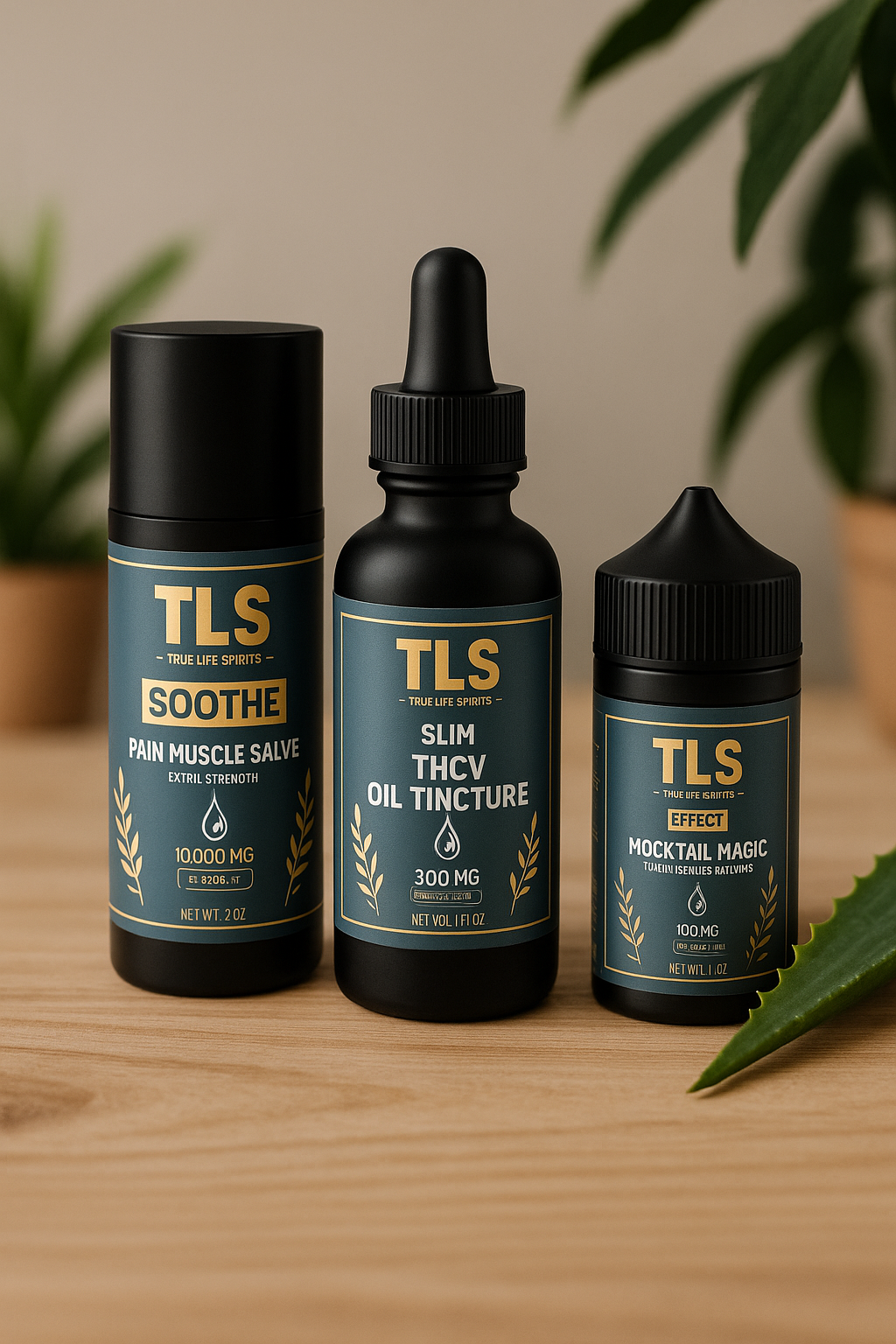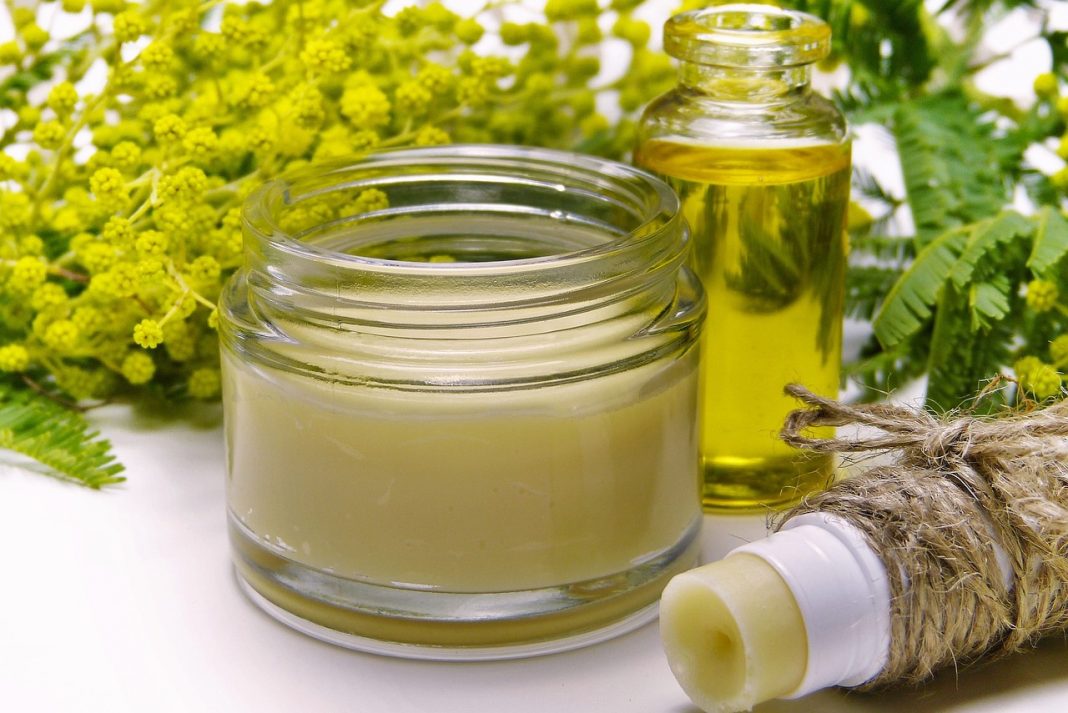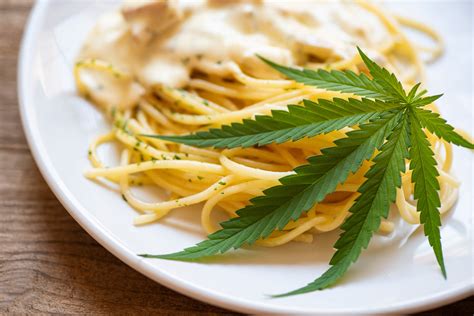The cannabis industry is buzzing with innovation, and at the forefront of this revolution is the nano-emulsified THC drink. These beverages are redefining how we experience cannabis, offering a fast-acting, discreet, and flavorful alternative to traditional edibles and smoking. By leveraging cutting-edge nanotechnology, these drinks deliver the psychoactive effects of THC with unprecedented speed and efficiency. Let’s dive into the science, benefits, and market trends behind nano-emulsified THC drinks, exploring why they’re poised to dominate the cannabis beverage landscape.
The Science of Nano-Emulsification
Nano-emulsification is a game-changer for cannabis consumption. THC, the primary psychoactive compound in cannabis, is naturally oil-based and hydrophobic, meaning it doesn’t mix well with water. This poses a challenge for creating effective cannabis-infused beverages, as traditional THC oils separate in liquid, leading to inconsistent dosing and poor absorption. Nano-emulsification solves this by breaking THC molecules into tiny particles, typically 10 to 100 nanometers in size, using techniques like high-pressure homogenization or ultrasonic processing. These nanoparticles are then encapsulated in emulsifiers, such as lecithin or polysorbates, creating a stable, water-soluble mixture.
This process dramatically increases bioavailability, allowing the body to absorb THC more efficiently. Studies show that traditional edibles have a bioavailability of just 4 to 12%, while nano-emulsified THC can achieve rates of 15 to 25%, with some formulations reaching plasma concentrations up to 300% higher than oil-based products. This means more THC reaches your bloodstream, and it does so faster, bypassing much of the digestive system’s slow metabolism. The result? A beverage that delivers effects in as little as 10 to 30 minutes, compared to the 60 to 120 minutes typical of traditional edibles.
A Faster, Smoother High
Imagine sipping a refreshing seltzer and feeling a gentle euphoria within minutes. Nano-emulsified THC drinks make this possible by leveraging sublingual and gastric absorption. When you drink one, the tiny THC particles are absorbed through the mucous membranes in your mouth and stomach, entering the bloodstream directly. This bypasses the liver’s first-pass metabolism, which converts THC into 11-Hydroxy-THC, a metabolite known for its intense, sometimes overwhelming effects. Instead, nano drinks offer a milder, more predictable high, often compared to the experience of smoking or vaping but without the smoke.
Consumers report effects lasting 2 to 4 hours, shorter than the 4 to 6 hours of traditional edibles, making these drinks ideal for social settings or shorter sessions. For example, a 2021 study in the American Journal of Translational Research found that nano-emulsified cannabinoids achieve peak plasma levels in just 15 to 20 minutes, offering a rapid onset that rivals inhalation methods. This speed and control appeal to both seasoned cannabis users and newcomers seeking a manageable experience.
Flavor Without the Funk
One of the biggest hurdles for cannabis beverages has been taste. Early attempts often resulted in a grassy, “bong-water” aftertaste that turned off consumers. Nano-emulsification changes this by allowing THC to blend seamlessly into liquids without overpowering flavors. Brands like Cheech & Chong’s High & Dry seltzers use just three ingredients—water, natural flavor, and nano-emulsified Delta-9 THC—to create clean, refreshing drinks in flavors like lemonade and tropical punch. The small particle size and emulsifiers mask the bitter taste of cannabinoids, though some products still use flavor agents like peppermint to enhance palatability.
The market now offers a dizzying array of options: sparkling seltzers, herbal teas, energy drinks infused with vitamins, and even mocktail-inspired beverages. For instance, brands like Artet and Cann craft cocktails with precise 5mg THC doses per can, blending natural fruit flavors for a sophisticated sipping experience. This versatility makes nano THC drinks a socially acceptable alternative to alcohol, perfect for those looking to unwind without a hangover.
Precise Dosing and Safety
Nano-emulsified drinks shine in their ability to deliver consistent, precise dosing. Each sip contains an even distribution of THC, eliminating the guesswork of homemade edibles or poorly mixed tinctures. Most products range from 2.5 to 10mg of THC per serving, with clear labeling to guide users. Experts recommend starting low—around 2.5 to 5mg—especially for novices, as the rapid onset can catch users off guard. Waiting 60 to 90 minutes before consuming more helps avoid overconsumption, which can lead to side effects like anxiety or impaired motor skills.
Safety is another priority. Reputable brands, such as Ethereal Gold Dispensary, conduct full-panel lab tests to ensure their nano drinks are free from contaminants like pesticides or heavy metals. These tests also verify potency and shelf stability, as nano-emulsions can degrade if not properly stabilized. The 2018 Farm Bill ensures that hemp-derived nano THC drinks with less than 0.3% THC by dry weight are federally legal, making them accessible in 49 states. However, consumers should always choose products from trusted manufacturers to avoid poorly formulated emulsions that may lack efficacy.
Market Trends and Future Potential
The global nano-emulsion market, valued at $6.78 billion in 2016, is projected to reach $14.91 billion by 2025, with cannabis beverages driving significant growth. Transparency Market Research predicts the cannabis drink sector alone could be worth $3 billion as legalization spreads and consumer demand surges. Companies like Tinley Beverage Co. and Le Herbe are leading the charge, offering liquor-inspired, alcohol-free drinks and nano-infused coffees. Meanwhile, brands like SunMed and Hometown Hero are expanding into nano gummies and tinctures, showcasing the technology’s versatility.
Posts on X reflect this excitement, with users praising the “fast, potent, and nano-powered” nature of these drinks. However, some express caution, noting that not all brands deliver on their claims. Jahan Marcu, editor-in-chief of the American Journal of Endocannabinoid Medicine, warns that rushed production without rigorous testing can lead to inconsistent products. This underscores the need for transparency and quality control in the industry.
Why Nano THC Drinks Matter
Nano-emulsified THC drinks represent a cultural and scientific shift in cannabis consumption. They cater to a growing demographic seeking discreet, convenient, and socially acceptable ways to enjoy cannabis. Unlike smoking, they produce no odor or paraphernalia, making them ideal for public settings or private relaxation. Their rapid onset and shorter duration offer more control, appealing to those wary of edibles’ unpredictable effects. Plus, with options like electrolyte-infused energy drinks or sleep-focused capsules, they blend cannabis with wellness in ways traditional methods can’t.
As the industry evolves, we can expect even more innovation. Advances in flavor technology, sustainable packaging, and hybrid formulations combining THC with CBD or CBN are already emerging. For now, nano THC drinks are a refreshing sip into the future, offering a potent, predictable, and palatable way to experience cannabis. Whether you’re a curious newcomer or a seasoned enthusiast, these beverages invite you to raise a glass to science and good vibes.
Reference:
Akram, S., Anton, N., Omran, Z., & Vandamme, T. (2021). Water-in-oil nano-emulsions prepared by spontaneous emulsification: new insights on the formulation process. Pharmaceutics, 13(7), 1030. https://doi.org/10.3390/pharmaceutics13071030
Froude, A., Pangborn, N., Britz‐McKibbin, P., MacKillop, J., & Balodis, I. (2024). Potential risks from cannabis- infused beverages: a critical review. Cannabis. https://doi.org/10.26828/cannabis/2024/000271
LoParco, C., Tillett, K., Chen‐Sankey, J., Berg, C., & Rossheim, M. (2024). Public health considerations about tetrahydrocannabinol‐infused beverages. Addiction, 120(1), 189-190. https://doi.org/10.1111/add.16676





Leave a comment
This site is protected by hCaptcha and the hCaptcha Privacy Policy and Terms of Service apply.